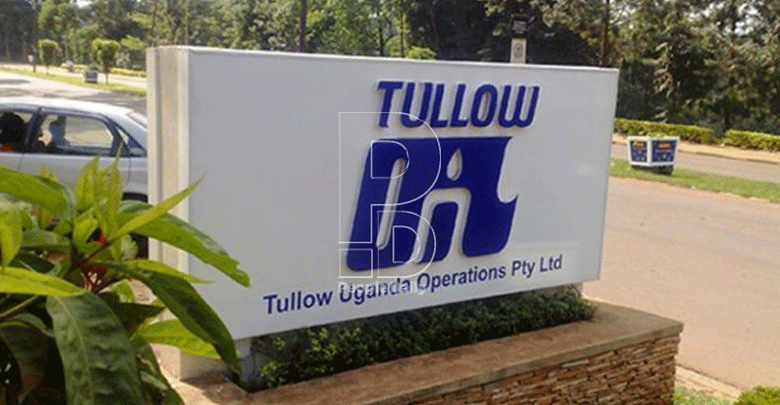Debt, Corona dims Kenya commercial oil prospects

Tullow Oil’s crippling Sh300 billion net debt and the plunging global oil prices on the back of the novel coronavirus pandemic are set to dim Kenya’s prospects for commercial output in 2023.
Tullow’s bonds due to mature in 2025 fell to 55 cents on the dollar and its shares have slumped to 27-year low as investors fretted about the exploration group’s mega debt.
Now, the firm is seeking to shave Sh2 billion off its annual costs that include cutting a third of its global workforce and closing its office in Dublin.
In Kenya, the firm announced plans to shed multiple employees in its unit as it fights for survival.
“Due to this review, it has become necessary to restructure the company with some roles becoming unnecessary,” Tullow Oil Kenya managing director Martin Mbogo said in a memo.
But the move is unlikely to help the firm stay afloat as the novel coronavirus continues to take toll on global oil prices even as investors hoard cash, to monitor how pandemic unfolds.
Knocked down
Already, the Covid-19 fallout has knocked down oil prices to a staggering 24 per cent to $20.37 a barrel in the United States as the commodity drops below $30 globally.

The International Energy Agency also warned that global oil demand will fall this year for the first time since 2009, serving to compound the woes of heavily-indebted oil companies.
“People will have to take a view of how sustainable these oil prices are. If oil prices stay in the $30s, a lot of companies will struggle,” David Round, an analyst with BMO Capital Markets in London said.
For Tullow, Kenya’s oil dream company, the future looks bleak and so does the nation’s hope to become a commercial oil producer.
Last month, Kenya failed to flag off the second shipment of early oil exports as the government hoped to test the market for its Turkana crude oil reserves.
A past Reuters report showed that Tullow is eyeing to sell its entire 50 stake in the oil blocks.
The firm, together with its other partner in the project, Total Oil, have contracted French bank Natixis to run the joint sale process for Blocks 10 BA, 10 BB and 13T in the South Lokichar Basin.
Urgent funds
Tullow’s saving grace would be to mobilise urgent funds from optimistic investors, who are hard to find in the wake of the coronavirus pandemic.
In January, it said that it had hedged the equivalent of 45,000 barrels per day (bpd) at a minimum $57.28 per barrel at the end of last year, which will underpin its cash flow forecasts.
The company expects to produce an average of 70,000 to 80,000 bpd in 2020, down as much as 19 per cent from last year’s level.
According to UK-based analytic site, Motely Fool, a bounce in the oil price – which could happen given instability on the Middle East – would also be a welcome boost for the group.
“A takeover may well be the best hope for current shareholders and there have been rumours that much larger French company, Total, is interested. Although even if a takeover did happen it’s far from clear that a premium would be paid for Tullow’s shares give the challenges it faces,” read analysis in part.
For now, Kenya will need to bank on Total if it is to revive its hope of becoming commercial oil exporter.













